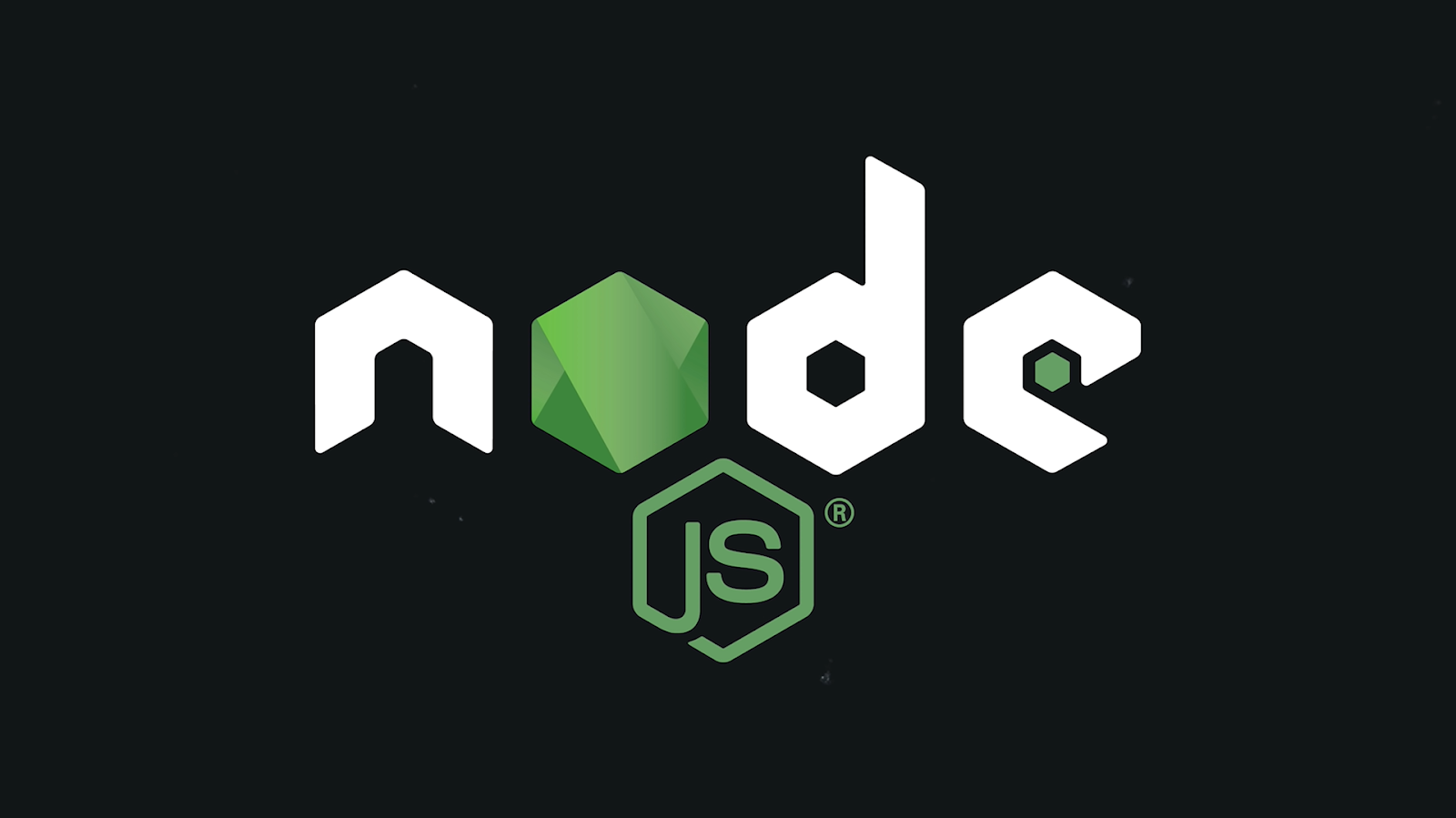Envisioning the Future of Node.js
Emerging from its roots as an open-source, adaptable JavaScript runtime environment, Node.js has profoundly transformed the landscape of web development. With its asynchronous, event-driven architecture, Node.js empowers developers to build scalable, real-time applications. Looking ahead, Node.js is poised to further extend its influence and redefine the realm of web development. In this thorough examination, we explore the potential future of Node.js and the exciting advancements on the horizon.
Upcoming Trends for Node.js
Improved Performance and Scalability:
Node.js has established itself as a leader in handling high levels of concurrency and significant workloads efficiently. With the pace of technological innovation increasing, we expect to see even more remarkable improvements in Node.js’s ability to perform and scale. The dedicated efforts of the Node.js core team, alongside the vibrant developer community, are driving continuous improvements and innovations on the platform. Thanks to upgrades in the V8 engine, an optimized module system, and enhanced support for multi-threading, Node.js is gearing up to adeptly manage more sophisticated applications.
Expanding Footprint in Enterprise Applications:
Far from being limited to startups and smaller projects, Node.js has broadened its reach into large-scale enterprise applications. Its streamlined approach, superior data management capabilities, and seamless compatibility with various technologies make Node.js an attractive option for constructing scalable microservices architectures. As the corporate world becomes more aware of Node.js’s advantages, its uptake in the enterprise arena is expected to rise significantly, propelling mission-critical applications and APIs.
Internet of Things (IoT) and Edge Computing:
The proliferation of IoT devices and the progression of edge computing are reshaping the landscape of technology. Node.js, with its event-driven, non-blocking model, stands out as perfectly suited for IoT applications, facilitating the real-time processing of vast data streams. As the number of connected devices grows and edge computing gains prominence, Node.js is set to play a crucial role in enabling efficient data exchange and processing among these devices.
Rise of Serverless Architectures:
In recent times, the adoption of serverless architectures has surged, primarily due to their ability to scale effortlessly, cost savings, and simple deployment processes. Node.js, recognized for its efficiency and scalability, is perfectly suited for the serverless model. With the advent of services such as AWS Lambda and Google Cloud Functions offering support for Node.js, there’s an expectation for an increase in Node.js applications within serverless frameworks. This enables developers to build and deploy applications without the overhead of server management, thus accelerating the development process.
Unification of JavaScript Development:
JavaScript’s ubiquity and adaptability have led to the rise of full-stack JavaScript development, empowering developers to craft both client and server-side applications with a single programming language. At the heart of this movement lies Node.js, enabling the use of JavaScript throughout the development stack. With the growing need for full-stack JavaScript expertise, Node.js is set to remain an essential tool, streamlining the development process and facilitating the transfer of knowledge within the development stack.
Expansion and Evolution of the Node.js Community:
A pivotal aspect of Node.js’s success is its vibrant and engaged community, consisting of developers, contributors, and various organizations. This community plays a significant role in the evolution of Node.js by creating an array of packages, frameworks, and tools that enhance its functionality. Looking ahead, the Node.js community is poised for continuous growth and innovation, bringing new concepts, frameworks, and best practices to the forefront. This collaborative dynamism is expected to extend the capabilities of Node.js, fostering the creation of innovative applications and expanding its use cases.
Choosing Node.js for Your Career

In the ever-changing technology landscape, selecting the right career pathway is a pivotal decision. As Node.js carves a niche for itself in the industry, it prompts questions about whether it’s a practical career choice. This section explores the opportunities and growth prospects that Node.js brings to the table, helping you evaluate if a career in Node.js aligns with your ambitions.
- High Demand and Job Availability: In recent times, Node.js has witnessed significant growth, and its popularity shows no signs of diminishing. As more companies incorporate Node.js into their web applications and microservices, the demand for adept Node.js developers continues to rise. Companies ranging from startups to large-scale enterprises across diverse industries are actively on the lookout for professionals mastered in Node.js. This escalating demand opens a plethora of job prospects for Node.js developers;
- Versatility and Wide Market Adoption: The versatility of Node.js significantly contributes to its wide market adoption. With Node.js, developers can construct not only server-side applications but also front-end applications using frameworks such as React or Angular. This full-stack JavaScript capability enables you to traverse the entire application stack seamlessly, making you an invaluable asset to any development team. Furthermore, Node.js’s extensive application in areas such as real-time applications, APIs, microservices, and IoT broadens its reach and presents diverse career opportunities;
- Competitive Remuneration and Career Progression: High demand for skilled Node.js developers has led to competitive salaries and enticing compensation packages. As a Node.js professional, you can anticipate a rewarding career financially. Additionally, the continuous evolution and growth of Node.js offer ample opportunities for career progression. By staying updated with cutting-edge frameworks, tools, and best practices in the Node.js ecosystem, you can position yourself as a sought-after expert and undertake challenging roles with increased responsibilities;
- Strong Community Support and Learning Resources: One of the perks of selecting a career in Node.js is access to robust community support and a wealth of learning resources. The Node.js community is renowned for active engagement, knowledge sharing, and a collaborative spirit. Online forums, communities, and conferences provide opportunities to network, glean insights from experienced professionals, and stay in tune with the latest trends. The profusion of tutorials, documentation, and open-source projects associated with Node.js ensures that you can continually refine your skills and deepen your expertise;
- Future Growth Prospects: Node.js’s future growth prospects are promising. With ongoing advancements in performance, scalability, and ecosystem tools, Node.js is poised to play a crucial role in the development of web applications, microservices, and IoT solutions. The community-driven nature of Node.js ensures that it will continually adapt and evolve to align with emerging technologies and industry trends. By establishing a strong base in Node.js today, you are future-proofing your career and positioning yourself to leverage new opportunities as they emerge.
Considering the numerous learning opportunities, professional growth, and job satisfaction Node.js offers, it could be an excellent choice for those passionate about web development, full-stack JavaScript, and working on leading-edge technologies. By choosing a career in Node.js, you are opening doors to a world of opportunities in the ever-expanding tech industry.
Who Can Venture into Node.js?
Node.js is for everyone! Node.js is an open-source JavaScript runtime environment that enables server-side JavaScript code execution. It is a popular choice for constructing scalable network applications known for its event-driven, non-blocking I/O model, making it a perfect fit for real-time applications.
To venture into Node.js, a basic understanding of JavaScript is critical since Node.js is built upon the JavaScript language. If you are new to JavaScript, it’s advisable to commence by mastering the fundamentals of JavaScript, such as variables, data types, functions, and control flow.
The Journey to Master Node.js
Mastering Node.js can depend on various factors, including your previous programming experience, the amount of time you can dedicate to learning, and the depth of knowledge you wish to acquire.
If you have a strong background in JavaScript and a grasp of programming concepts, you could start creating simple Node.js applications within a few weeks of dedicated learning. This timeframe would include understanding core Node.js concepts such as modules, event-driven programming, callbacks, and asynchronous programming.
But to become proficient and confident enough to deploy Node.js for more complex projects, several months of continuous learning and practice may be required. This includes exploring the various frameworks and libraries within the Node.js ecosystem, understanding how to manage asynchronous operations effectively, and learning about best practices for crafting scalable and efficient applications.
Why Should You Learn Node.js in 2023?

Node.js remains a valuable skill in 2023. Having gained significant popularity, it continues to be extensively used for server-side development, particularly for creating scalable web applications and APIs. Node.js boasts a robust ecosystem, equipped with a multitude of libraries and frameworks that enable the development of efficient and powerful applications.
Here are a few reasons why learning Node.js in 2023 can reap benefits:
- Demand in the Job Market: Node.js has a strong presence in the job market, with numerous companies seeking developers proficient in Node.js. Learning Node.js can bolster your employability and open up opportunities for backend development positions;
- The JavaScript Ecosystem: Node.js is built on JavaScript, one of the most popular programming languages. By learning Node.js, you’ll also be refining your JavaScript skills, enabling you to be versatile in both front-end and back-end development;
- Scalability and Performance: Node.js is famed for its non-blocking, event-driven architecture, making it highly scalable and efficient for handling concurrent connections. This feature is particularly beneficial when constructing applications that require real-time communication or high levels of scalability;
- Active Community and Resources: Node.js has a dynamic community and a wealth of resources available, including documentation, tutorials, and libraries. This ensures ample support and learning materials to aid your journey;
- Future Growth: Node.js has demonstrated a strong track record of growth and adoption and continues to evolve with new features and improvements. By learning Node.js, you align yourself to adapt and grow along with the technology.
Whether you’re launching a new project, aiming to expand your skillset, or exploring new opportunities, learning Node.js in 2023 can be a worthwhile investment of your time and effort.
Conclusion
Given the growing demand, versatility, attractive salaries, and future growth prospects, Node.js presents an exhilarating and rewarding career path. With widespread adoption, robust community support, and ongoing evolution, Node.js presents a myriad of opportunities for learning, professional growth, and job satisfaction. If web development, full-stack JavaScript, and cutting-edge technologies excite you, embarking on a career in Node.js can be a smart move, opening doors to countless opportunities in the continually evolving tech industry.
